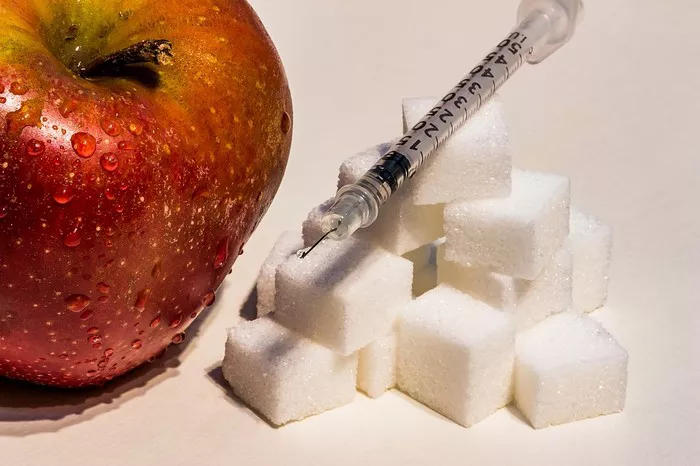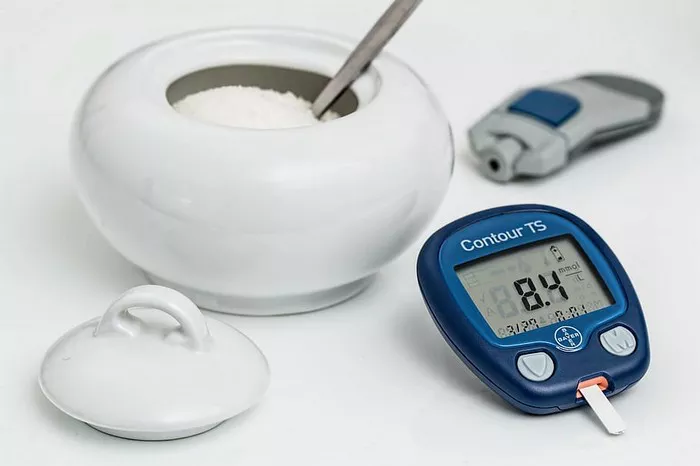Diabetes is a chronic metabolic disorder characterized by elevated blood sugar levels, known as hyperglycemia. While hyperglycemia is associated with various symptoms, including increased thirst, frequent urination, fatigue, and blurred vision, headaches can also occur in some cases. This article explores the potential link between hyperglycemia and headaches, discussing mechanisms, contributing factors, and management strategies to help individuals effectively cope with these symptoms.
What Is Hyperglycemia?
Hyperglycemia occurs when blood glucose levels rise above normal. Glucose, the body’s primary source of energy, is typically regulated by insulin, a hormone produced by the pancreas. In diabetes, either the body does not produce enough insulin or cells become resistant to its effects, leading to elevated blood sugar levels.
Symptoms of Hyperglycemia
Common symptoms of hyperglycemia include increased thirst (polydipsia), frequent urination (polyuria), fatigue, and blurred vision. Additionally, headaches can manifest in some individuals during episodes of high blood sugar levels.
Link between Hyperglycemia and Headaches
While headaches are not universally recognized as a direct symptom of hyperglycemia, some individuals with diabetes may experience headaches during periods of elevated blood sugar levels. The relationship between hyperglycemia and headaches is complex and not fully understood, but it is believed that fluctuations in blood sugar levels can affect blood vessels in the brain, leading to vascular changes and headaches.
Mechanism of Headaches in Hyperglycemia
Hyperglycemia can contribute to headaches through various mechanisms. Fluctuations in blood sugar levels can lead to changes in blood vessel function and cerebral blood flow, potentially triggering headaches. Additionally, dehydration, a common consequence of hyperglycemia, can exacerbate headaches by reducing blood volume and increasing blood viscosity.
Other Factors Contributing to Headaches in Diabetes
Several other factors associated with diabetes can contribute to headaches. Dehydration, often resulting from increased urination associated with hyperglycemia, can lead to headaches. Stress, medication side effects, and comorbid conditions such as hypertension or hypoglycemia can also exacerbate headaches in individuals with diabetes.
When to Seek Medical Attention
Individuals experiencing headaches, especially those with diabetes, should monitor their symptoms closely. If headaches persist or worsen, or if accompanied by other concerning symptoms such as confusion, dizziness, or vision changes, medical attention should be sought promptly. Monitoring blood sugar levels can help determine if hyperglycemia is a contributing factor to headaches.
Prevention and Management Tips
Managing hyperglycemia-related headaches involves adopting a comprehensive approach to diabetes care. Practical tips for prevention and management include:
Monitoring blood sugar levels regularly and adjusting insulin or medication doses as needed.
Staying hydrated by drinking plenty of water throughout the day.
Managing stress effectively through relaxation techniques, exercise, or counseling.
Adhering to a healthy diet rich in fruits, vegetables, whole grains, and lean proteins.
Taking prescribed medications as directed by a healthcare provider.
Maintaining regular medical check-ups to monitor diabetes control and address any emerging issues promptly.
Consultation with Healthcare Provider
Consulting with a healthcare provider is essential for personalized guidance on managing diabetes and associated symptoms like headaches. Healthcare professionals can offer tailored advice, adjust medications, and provide support to help individuals effectively manage their condition and improve their quality of life.
Conclusion
In conclusion, headaches can be a potential symptom of hyperglycemia in individuals with diabetes. Understanding the potential link between hyperglycemia and headaches, as well as identifying contributing factors and implementing effective management strategies, is crucial for individuals to cope with these symptoms effectively. By adopting a proactive approach to diabetes care and seeking guidance from healthcare professionals, individuals can better manage their condition and minimize the impact of hyperglycemia-related headaches on their daily lives.
Related Topics:
Why Does Alcohol Cause Hypoglycemia?

























